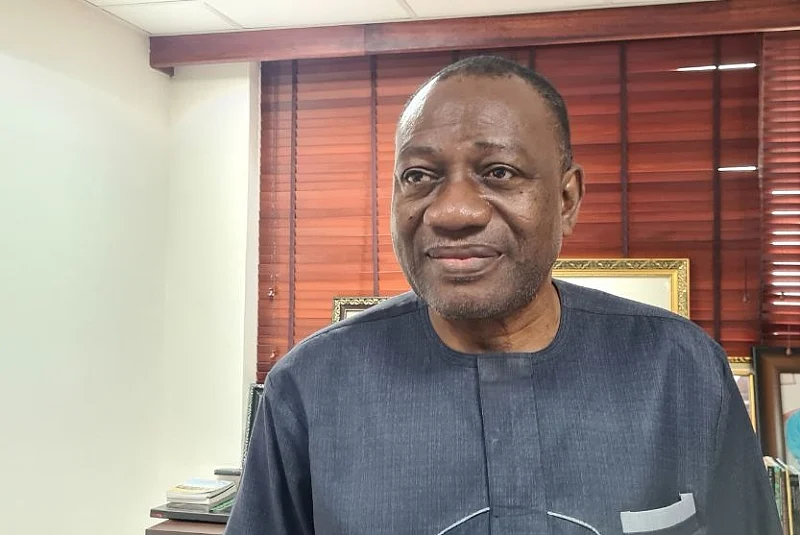adverts
Dr. Abdul-Rashid Pelpuo, Member of Parliament for Wa Central, has delivered a scathing critique of the government’s Free Senior High School (SHS) policy, arguing that its implementation has led to significant challenges for students and families.
Speaking on Channel One TV’s The Big Issue with Selorm Adonoo, Dr. Pelpuo described the initiative as a “well-intentioned but poorly executed” policy that has failed to meet its promises.
He accused the government of imposing a system that has caused undue hardship for many Ghanaians.
adverts
“It’s not one of the successes he [President Akufo-Addo] should be talking about,” Dr. Pelpuo stated. “When you impose on Ghanaians something you call free, Ghanaians are going through so much pain. So much more money is being spent on a child, and you are unable to provide feeding for them. Some of the time they feed once a day. What are you doing to the psyche of the many people who are in school? What are you training them to be? It’s terrible.”
Dr. Pelpuo’s remarks come in response to President Nana Addo Dankwa Akufo-Addo’s claims of significant achievements in education during his administration.
Delivering his final State of the Nation Address on Friday, January 3, 2025, the President highlighted the transformative impact of the Free SHS and Technical and Vocational Education and Training (TVET) programs, stating that approximately 5.7 million young Ghanaians have benefitted from these initiatives.
While acknowledging the large number of beneficiaries, Dr. Pelpuo argued that the policy’s shortcomings, particularly in feeding and resourcing students, have undermined its overall success.
He questioned the long-term impact of the initiative, warning of the psychological and developmental consequences for students subjected to inadequate support during their education.
The Free SHS program, introduced in 2017, aimed to expand access to secondary education by eliminating fees for all Ghanaian students.
However, critics, including Dr. Pelpuo, have repeatedly raised concerns about overcrowding, resource shortages, and logistical challenges that continue to plague the initiative.


